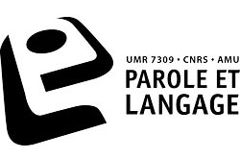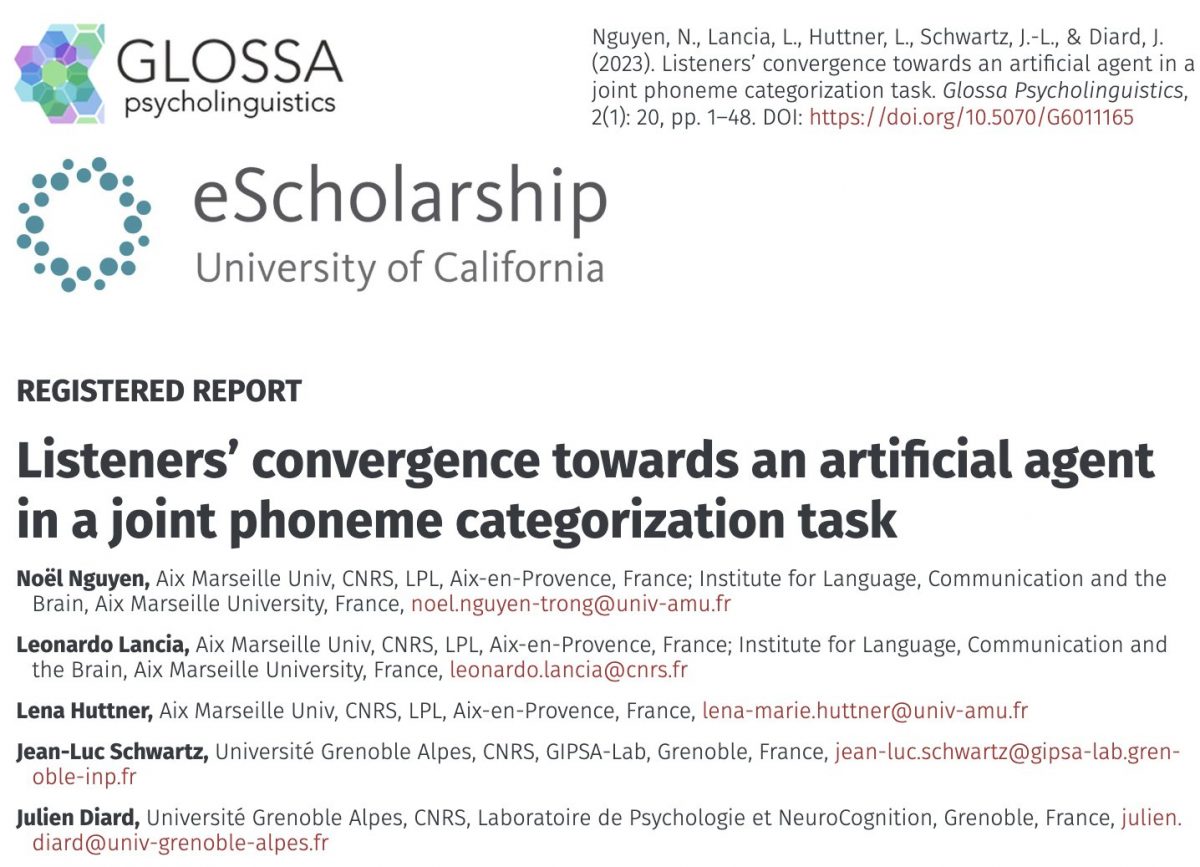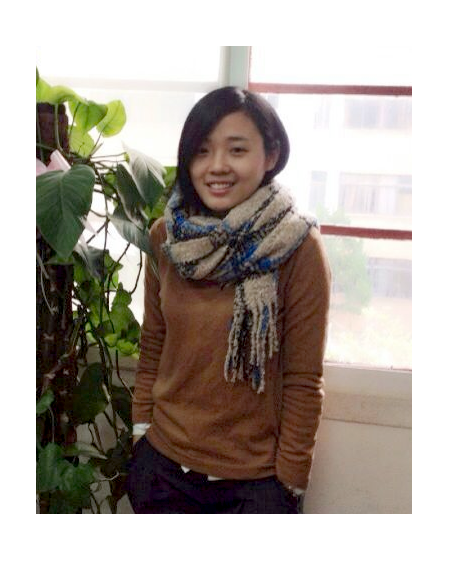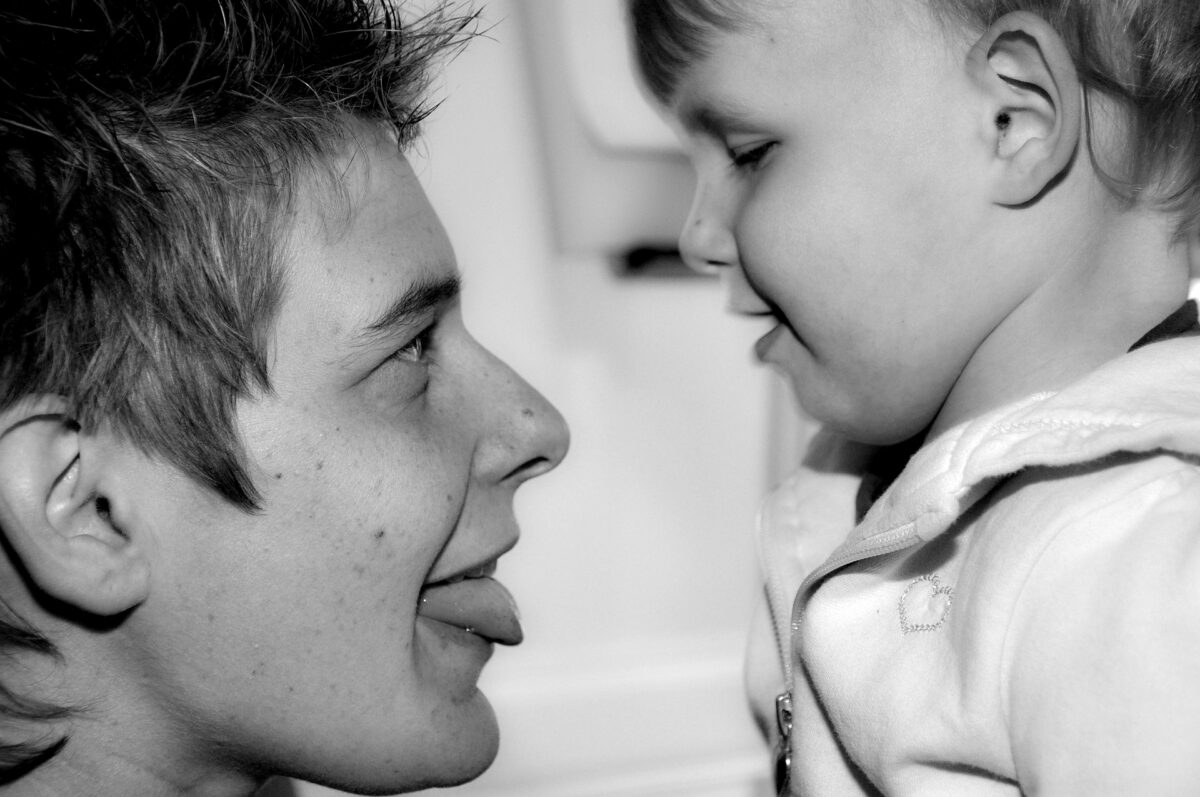
Sophie Dufour, CNRS research director at LPL, has just published two articles with Jonathan Grainger (LPC) and Jonathan Mirault (LPC) on the perception of non-words. The first study seeks to understand whether non-words created by the transposition of two phonemes (/ʃoloka/) are perceived as being more similar compared to their base words (/ʃokola/) [chocolate] than non-words created by substituting two phonemes (/ʃoropa/). Then, in the second article, the authors continue their research by positioning the phonemes differently within the non-word.
- Sophie Dufour, Jonathan Grainger. When you hear /baksɛt/ do you think /baskɛt/? Evidence for transposed-phoneme effect with multisyllabic words.. Journal of Experimental Psychology: Learning, Memory, and Cognition, American Psychological Association, In press, ⟨1037/xlm0000978⟩. ⟨hal-03141336⟩
- Sophie Dufour, Jonathan Mirault, Jonathan Grainger. Do you want /ʃoloka/ on a /bistɔk/? On the scope of transposed-phoneme effects with non-adjacent phonemes. Psychonomic Bulletin and Review, Psychonomic Society, 2021, ⟨3758/s13423-021-01926-9⟩. ⟨hal-03225295⟩











